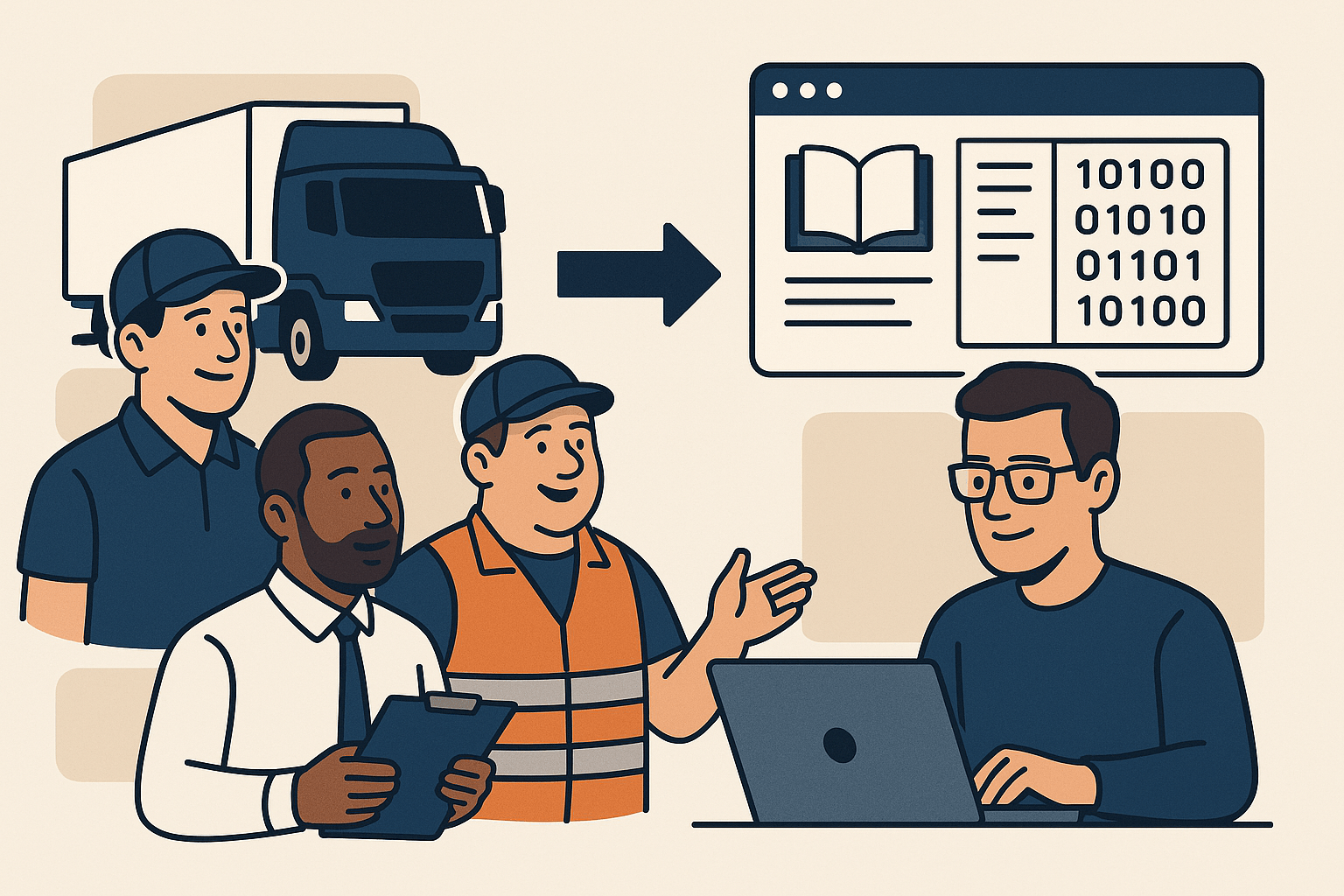Logistics Service Providers (LSPs)
Maintain Information About the Locations You Deliver to and Pick Up From
LogBook can be used as operational data store, allowing for the maintenance of the data to be done by the stakeholder that knows best, the location owner.
By allowing each location owner to maintain their own information in LogBook, you always have the most accurate addresses, gate codes, and time windows at your fingertips – reducing the likelihood of failed deliveries.
Additionally, LogBook provides the means to store multiple geofences for each location. The geofences can then be used in different real-time visibility platforms. Maintain them once, use in different systems.
Onboard your new customers with LogBook to make sure the data relevant to shipment operations is available and up to date.





